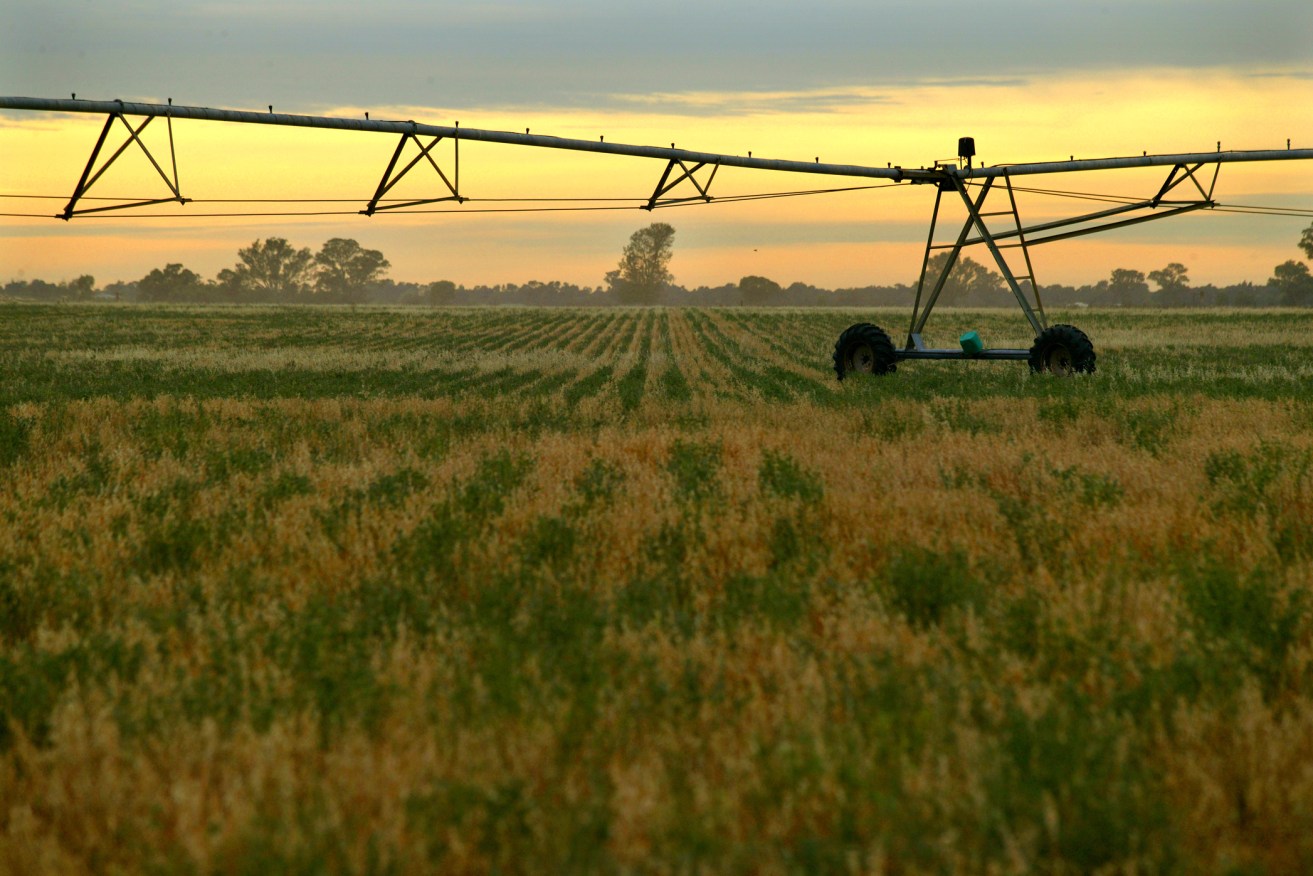Councils to get say on GM crops after Govt backdown
Local councils will have the chance to opt out of having genetically modified crops in their area after the State Government caved in to Labor in order to secure passage for its legislation to end South Australia’s long-standing ban on GM crops.


GM canola crops in Victoria. Photo: AAP/Greenpeace
Premier Steven Marshall previously described Labor’s council opt-out idea as “stupid”, but today his Government agreed to a version of the plan to end uncertainty about its GM crops legislation well ahead of the 2021 grain-growing season.
Primary Industries Minister Tim Whetstone said under the Genetically Modified Crops Management (Designated Area) Amendment Bill 2019, local councils will be able to apply to be a “GM crop cultivation free area”.
However, they will have to do so within six months of the legislation gaining assent and the final decision will rest with the Minister. After six months, councils will no longer have any say on the matter.
The move is a significant concession by the Government, whose legislative bid to end South Australia’s GM-free status will be debated again in Parliament today.
Last December, Marshall was contemptuous of Labor’s idea to allow councils to opt out of GM cropping in their area.
“I’ve heard of some pretty stupid ideas in my time but this one would have to take the cake,” Marshall told radio FIVEaa.
The issue has also been a thorny one for Labor, opening up caucus divisions, with former frontbencher Leon Bignell passionately advocating for the moratorium to remain, but current primary industries spokesman Eddie Hughes publicly urging “an open mind” on lifting the moratorium and “accepting the science” behind the push to lift the ban.
The Marshall Government’s attempt to allow GM crops in South Australia has been on a parliamentary roller coaster, with the Upper House last year voting down Government legislation.
Whetstone then attempted to use regulations to allow GM cropping this season, but that was disallowed last month with Labor voting with the crossbench in the Legislative Council.
Today, the Minister said he believed the legislation would pass as a result of “good faith” negotiations with Labor.
“This agreement is a great outcome for South Australian farmers who will have the opportunity to reap the benefits of growing GM where that is best for their business,” he said in a statement.
“The legislation will provide farmers with the regulatory certainty they need to invest in GM seed and plant GM crops in time for the 2021 grain growing season.
“After 16 years and millions of dollars in lost economic and research opportunities, it is a historic day for farmers in this state who can look forward to the choice in what they want to grow.
“Lifting the moratorium will not only provide economic benefits for our farmers but it will put South Australia on a level playing field with every other mainland state in Australia which has had access to GM technology for at least a decade.”
“By giving our farmers more tools in the toolbox we are backing them to boost the agriculture industry as they battle drought and a changing climate, grow the economy and create jobs.”
Greens MLC Mark Parnell said Labor’s deal with the Government had reversed the party’s long-held policy and its 2018 election platform.
“It will come as a shock to those South Australians who voted Labor based on this promise,” Parnell said.
“This will also be a bitter blow to the many SA food companies who have supported the moratorium. They recognise the importance of South Australia remaining the only mainland GM-free State – a place where we can promote our natural clean and green image, especially to growing overseas and domestic markets that do not want to eat GM food.”
However, Labor’s Eddie Hughes said the negotiated Bill was “common sense”.
“The bipartisan approach will benefit primary producers in our state while also providing a voice for those people that still have concerns about GM crops,” he said.
“Today’s resolution proves just how important SA Labor’s role has been in the GM debate. It further cements that SA Labor is effectively influencing government’s policy and we have done this in a pragmatic and responsible way.”




